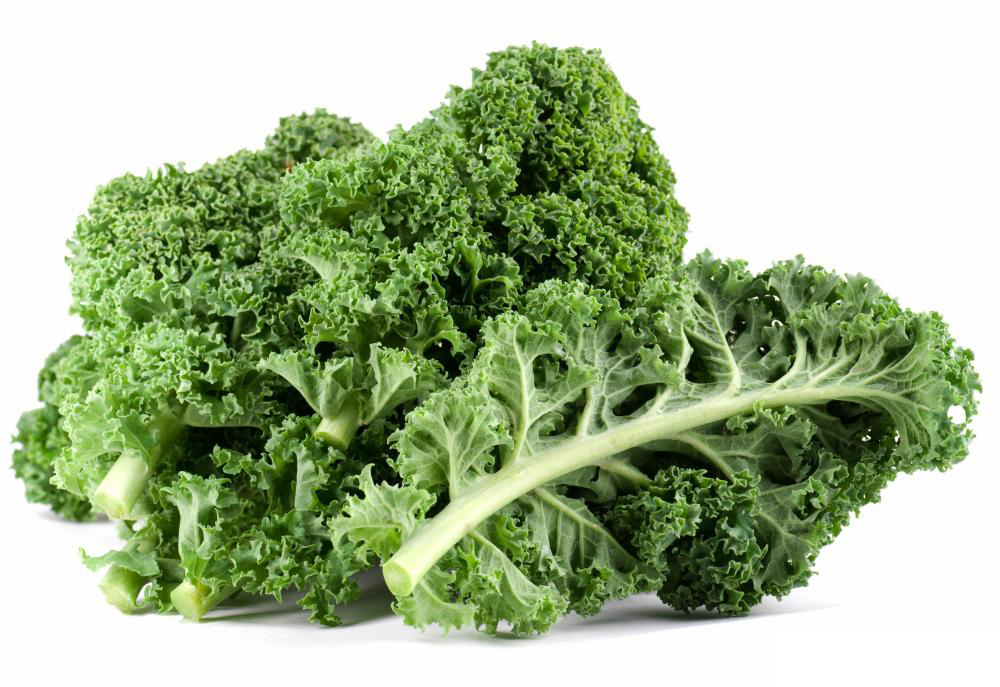
The biggest nutrition fads of the last few years have all taken huge blows in the last week. But will anyone listen?
Over the last seven days, a roster of myth-busting nutrition studies was published showing probiotics are unnecessary, GMOs are harmless, and a gluten-free diet is a terrible idea unless you really need to be on it. Basically, the only diet fad wisdom that survived this week is the idea that kale is a superfood (and, actually, it kind of is).
“It’s always nice to see studies that are skeptical of magic nutritionism,” said Dr. Yoni Freedhoff, an Ottawa-based physician and professor who has a blog on nutrition and diet. “But whether or not that actually trickles down into changing the behavior of the public remains to be seen. I think it takes an awful lot, unfortunately, to break the public opinion that there are magic foods.”
It all kicked off about a week ago, when a study published in Genome Medicine tackled the idea that probiotic supplements give your gut and your immune system a necessary boost. A team of Danish researchers did a systematic review of seven studies looking at the effects of probiotic products (like yogurt drinks and biscuits) on the actual bacterial makeup on fecal matter. The study authors found “there is no convincing evidence for consistent effects of probiotics on fecal microbiota composition in healthy adults.”
The gluten-free fad was the next target, thanks to a paper published in The Journal of Pediatrics by Dr. Norelle Rizkalla Reilly, a gastroenterologist and Celiac expert at Columbia University. Reilly fact-checked a number of beliefs about the benefits of a gluten-free diet. Unless you have a wheat allergy, Celiac disease, or a gluten sensitivity (as diagnosed by your doctor, not Google) avoiding gluten could actually be damaging to your health, the paper notes. It could leave you deficient in certain vitamins and nutrients, and may even overexpose you to toxins like arsenic (which is often absorbed from the soil by rice, the primary substitute used in gluten-free products).
Then there are GMOs: a hefty report from the National Academy of Science released this week concluded there’s no scientific evidence that GMOs increase health risks. This flies in the face of public debate over the safety of GMOs and whether products made with GM crops ought to be labelled as such. (The politics and business of GMOs, including Monsanto and seed patents, is a whole other issue entirely.)
All three of these findings challenge popular nutrition beliefs peddled by blog “gurus” and celebrities like Gwyneth Paltrow, so you’d hope some headline-grabbing science might cause some people to give their heads a shake. But Freedhoff told me it’s hard to kill off nutrition fads, even with good science, because some people will always want to look for a secret solution to better health.
At the end of the day, though, this obsession over certain food trends and fads is a preoccupation of only a small minority of the population, Freedhoff said.
“The luxury of healthful living is one that realistically and understandably eludes a lot of people,” he told me over the phone. “The majority of people out there don’t give a crap about whether or not they’ve got GMOs in their products. They care about whether or not they can feed their families, whether or not their kids are happy and healthy. That’s the reality for most people.”